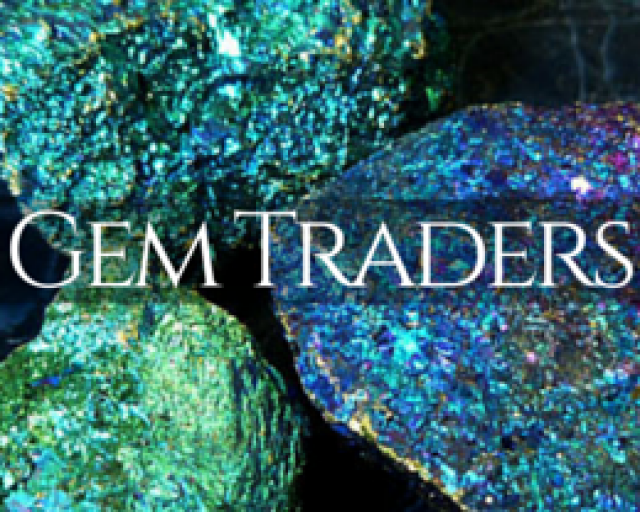You have not bid on this auction.
ARGONITE CLUSTER SPECIMEN 1436.40 CARATS RT 1351
- SKU
- Dimensions (mm)
- x x mm
- Weight (cts)
- Type
- Specimen
- Colours
-
This is a natural specimen from Morocco showing strong cluster of crystal development.
Size 79x56x39 mm app
Aragonite occurs in two distinct places Spain and Morocco. This crystal cluster is from a pocket in a Moroccan lava bed, where it formed at high pressure and relatively low temperature. At surface conditions, aragonite is actually metastable, and heating it to 400°C will make it revert to calcite. The other point of interest about these crystals is that they are multiple twins that make these pseudo-hexagons. Single aragonite crystals are shaped more like tablets or prisms.
Aragonite is calcium carbonate with the same chemical formula as calcite, but its carbonate ions are packed differently. That is, aragonite and calcite are polymorphs of calcium carbonate. It is harder than calcite (3.5 to 4, rather than 3, on the Mohs scale) and somewhat denser, but like calcite it responds to weak acid by vigorous bubbling. You may pronounce it a-RAG-onite or AR-agonite, though the majority of American geologists use the first pronunciation. It is named for Aragon, in Spain, where notable crystals occur.
- SKU
- Dimensions (mm)
- x x mm
- Weight (cts)
- Type
- Specimen
- Colours
-
This is a natural specimen from Morocco showing strong cluster of crystal development.
Size 79x56x39 mm app
Aragonite occurs in two distinct places Spain and Morocco. This crystal cluster is from a pocket in a Moroccan lava bed, where it formed at high pressure and relatively low temperature. At surface conditions, aragonite is actually metastable, and heating it to 400°C will make it revert to calcite. The other point of interest about these crystals is that they are multiple twins that make these pseudo-hexagons. Single aragonite crystals are shaped more like tablets or prisms.
Aragonite is calcium carbonate with the same chemical formula as calcite, but its carbonate ions are packed differently. That is, aragonite and calcite are polymorphs of calcium carbonate. It is harder than calcite (3.5 to 4, rather than 3, on the Mohs scale) and somewhat denser, but like calcite it responds to weak acid by vigorous bubbling. You may pronounce it a-RAG-onite or AR-agonite, though the majority of American geologists use the first pronunciation. It is named for Aragon, in Spain, where notable crystals occur.
| Shipping provider | Shipping to Australia | Shipping to rest of world |
|---|---|---|
| FedEx | $12.00 / 3 days | $39.00 / 10 days |
|
Australia
FedEx is discounted to $12.00 on orders with 2 or more items
Rest of the world
FedEx is discounted to $39.00 on orders with 2 or more items
|
||
| Registered Shipping | $9.00 / 7 days | $16.00 / 21 days |
|
Australia
Registered Shipping is discounted to $9.00 on orders with 2 or more items
Rest of the world
Registered Shipping is discounted to $16.00 on orders with 2 or more items
|
||

-
 Positive
PositiveJust Right! Thank You!
-
 Positive
PositiveReceived the pearls today and they are exactly as described.This seller responded very quickly and was a pleasure to buy from!Will buy more in future!Thank you.
-
 Positive
PositiveI have no idea what these are for but I saw them in a dream the night before I bought them
-
 Positive
PositiveExcellent as usual, thank you kindly
-
 Positive
PositiveSuper-fast delivery! Thanks.
-
 Positive
PositiveA beautiful dress piece. Thank you.
Why are users outbidding themselves?
When a bid is placed, this is the maximum amount a user is willing to bid for the product. Our system will then automatically bid on that users behalf, incrementally increasing the bid to maintain their position as the highest bidder, up to the specified maximum.
When there is an icon indicating 'Auto Bid,' it means our system is actively placing bids for the user based on their maximum bid. This may appear as if users are outbidding themselves, but it's simply a result of the system updating the bid to reflect the users maximum limit.















